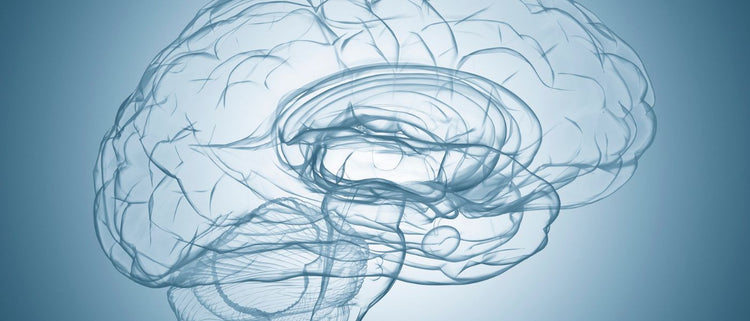This background video contains only decorative imagery and does not convey meaningful information.

Featured Article
Environmental Toxins & Their Effects on Health
On both a personal and environmental level, we can reverse toxicity and restore good health.

-
Dr. Thomas Wnorowski | 04.11.2024
10 Signs of an Unhealthy Gut: Learning How to Fix Bad Gut Health
We’re just beginning to learn how devastating an unhealthy gut can be to your whole body. Your gut is home to 500 million neurons (yes, the same on... -
Dr. Thomas Wnorowski | 03.08.2024
What are Nootropics? A Comprehensive Guide to Cognitive Enhancers
Nootropic supplements come with a lot of potential benefits. The best part is that they don’t typically have side effects or the emotional “highs” ... -
Dr. Thomas Wnorowski | 02.23.2024
Creatine Benefits Beyond Exercise: Energy, Mood, Healthy Aging, & More
Creatine is well-known amongst athletes and serious weightlifters for increasing muscle mass, but there are many more benefits to taking creatine o... -
Dr. Thomas Wnorowski | 01.23.2024
Blood-Brain Barrier: Everything You Need to Know
The BBB is not designed to keep everything out, but to escort specific substances in an orderly fashion to the CNS so the brain can acquire the glu... -
Dr. Thomas Wnorowski | 01.17.2024
Phosphatidylcholine: A New Approach to the Future of Aging
Luckily, several lifestyle factors have been shown to help prevent aging and cellular degeneration. Eating a healthy diet, exercising regularly, us... -
Dr. Thomas Wnorowski | 01.12.2024
How Medicinal Mushrooms Boost Your Brain Health
Mushrooms can impact the brain in all sorts of ways — from boosting mood to increasing productivity, and even preventing disease. -
Dr. Thomas Wnorowski | 04.06.2023
Leaky Cells: How Fewer Nutrients, More Toxins, and Too Much Stress Hurts Your Cells
For many years now, the health community has been abuzz with the term “leaky gut”—the fact that the lining of your gut can be weakened by pathogens... -
Dr. Thomas Wnorowski | 03.09.2023
What is Phosphatidylcholine and How Can it Benefit Your Health?
What is phosphatidylcholine and why should you care about this phospholipid? An in-depth breakdown of everything you need to know about PC. -
Dr. Thomas Wnorowski | 11.01.2022
Zinc for Kids: Should I Give My Kids Zinc?
Zinc is an essential trace mineral that we require throughout our lives; kids are no exception! Zinc has benefits for immune support, healthy growt...








